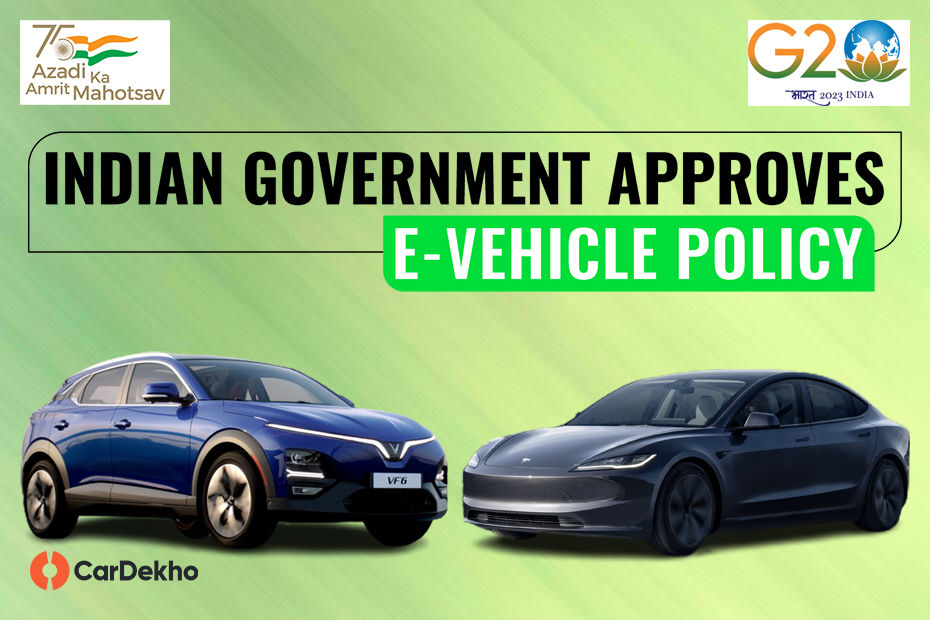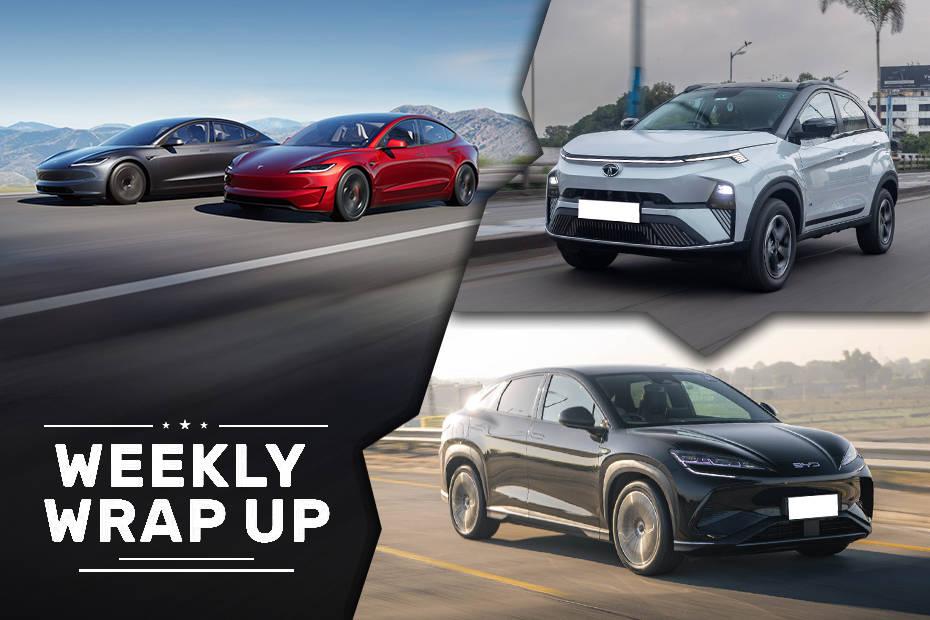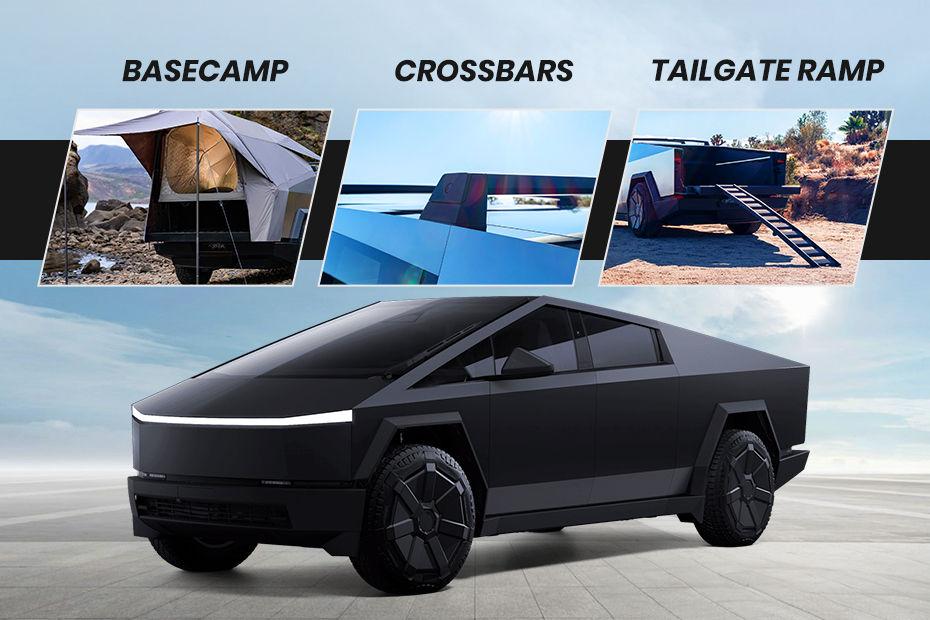Tesla India Launch Timeline Accelerates With New EV Policy For Reduced Import Tariffs
Published On Mar 15, 2024 06:35 PM By Ansh
- Write a comment
However, there’s a catch for global EV makers like Tesla to get the benefits of this policy, and it is a big one

The Indian Government has approved a new e-vehicle policy as an initiative to make India one of the biggest EV manufacturing hubs in the world. At present, global EV makers are hesitant to enter the Indian market due to high import taxes that make their products too expensive for their target buyers. This policy will allow these companies to import their EVs in India as CBU (completely built up) units at significantly lower import taxes, but only if certain conditions are met.
What Are The Parameters?
The parameters are more like conditions set in place by the Indian government for these global brands. They are as follows:
-
The global EV makers has to set up a manufacturing plant in India within 3 years and make an investment of at least Rs 4150 crore (approximately USD 500 million).
-
They also have to make sure to attain 25 percent of localisation by the 3rd year and 50 percent localisation by the 5th year. Also, they have to start commercial production of their electric vehicles within their first 3 years.
-
The minimum CIF (cost + insurance + freight) value of the EV being imported has to be around Rs 28.99 lakh (USD 35,000).
-
EV makers will be able to import a maximum 8,000 units of their EVs per year with this benefit.
That’s not all, the investment made by the brand has to be backed by a bank guarantee and if the company fails to stick to the timelines specified above, it won’t get that guarantee back.
What’s The Benefit?

If the e-vehicle manufacturer gets approved by the Ministry of Heavy Industries (HMI), makes the investment which is backed by a banK guarantee, and promises to achieve the other parameters in the given time, it will be able to import its EVs at a reduced import tax of just 15 percent. For reference, the usual import tax for CBUs is a whopping 100 percent, which is why companies are unable to sell a sufficient number of their imported products in India.
Arrival Of Tesla & Other Brands

Tesla has been planning to enter the Indian market for a while and has vocally stated its desire for lower import tariffs for EVs. The American carmaker often listed those taxes as one of the big obstacles in bringing its popular electric cars like the Tesla Model 3 and Tesla Model Y to India which would have cost similar to luxury EVs at the higher import rates. Now, with the help of this e-vehicle policy, Tesla might be able put its India plans into action if it succeeds in meeting the parameters given.
Also Read: Mahindra Files Trademarks For Even More Names
Another EV maker that can benefit from this policy is VinFast, which has also been waiting to enter the Indian market. The Vietnamese brand has a slight head start as it is already working on setting up local manufacturing in the country.
Long-term Benefits Of The New Policy

We get that this will encourage the global brands to bring their EVs in India on a shorter timeline, but how does it help the government and the people? Well, instead of companies just importing their cars in India, they will have to set up manufacturing facilities in the country to get the benefits of this policy, which will in turn create more jobs.
Also, since these companies have to achieve 50 percent localisation to reap the benefits, it will help boost the sales of some Indian companies which provide parts for electric vehicles, and it will also help in creating more of these companies in the country.

As for the people, we will have access to global automotive technologies and the policy will make them more affordable due to lower import tariffs and localisation. Also, the Indian government wants to push EVs in India to reduce pollution in the environment and move towards a green and sustainable future.
Also Read: Tata Nexon EV Facelift Long Range vs Tata Nexon EV (Old): Real World Performance Comparison
What do you think about this policy and which global EV would you want to see in India? Let us know in the comments below.
2 out of 2 found this helpful















